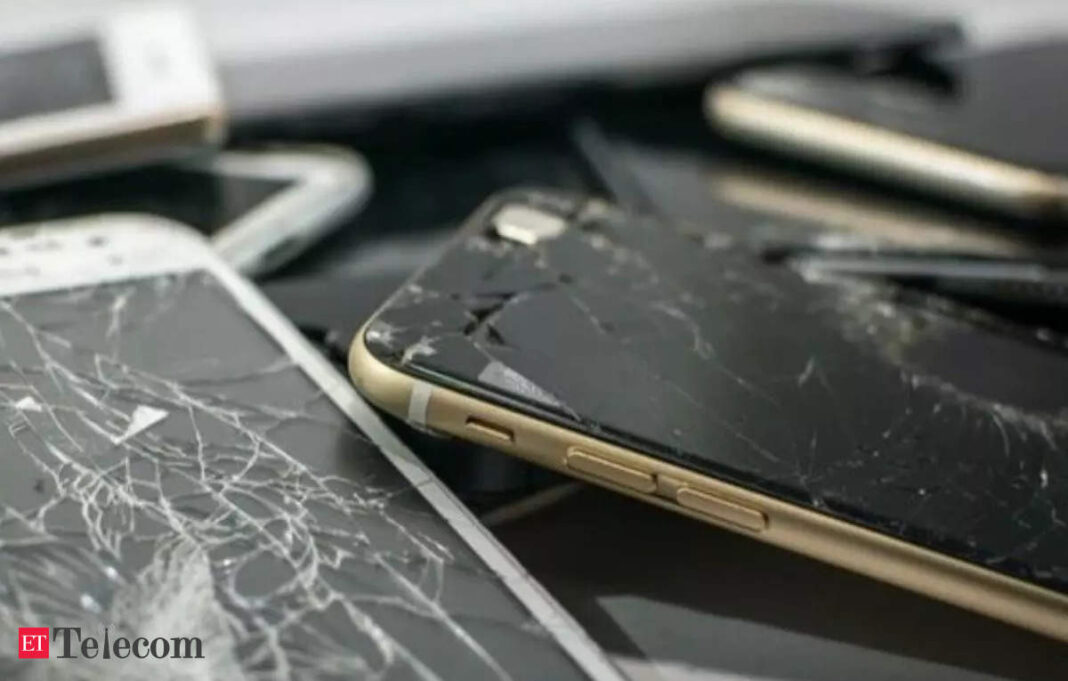In Short:
India is introducing a repairability index for mobile phones and electronics to tackle the rising e-waste issue. This initiative by the Consumer Affairs Ministry will score products based on how easily they can be repaired, encouraging manufacturers to design more repair-friendly items. Key factors for the index include availability of spare parts and ease of disassembly. At a recent workshop, officials emphasized creating a transparent repair system and raising consumer awareness. India, being the third-largest producer of e-waste, aims to promote sustainable practices and support the local repair industry, potentially becoming a global repair hub.
India’s Bold Move Towards a Repairability Index for Electronics
India is stepping up to tackle the increasing issue of e-waste by introducing a repairability index specific to mobile phones and electronic products. This initiative, declared by officials on Thursday, aims to motivate manufacturers to create products that are easier to repair. The driving force behind this movement is the Consumer Affairs Ministry, which is committed to rolling out a standardized scoring system based on how simple—or complex—it is to fix various electronics.
The Vision for a Repair Hub
During a national workshop addressing this important topic, Consumer Affairs Secretary Nidhi Khare remarked, “As India emerges as the third largest economy in the world, we should have a vibrant and tech-savvy repair system.” She went on to express a lofty goal, stating that India could transform into a global repair hub.
What the Index Will Include
The envisioned repairability index will draw inspiration from similar schemes in countries like France. This index will evaluate products based on several criteria, such as:
- Availability of technical documents
- Ease of disassembly
- Availability and pricing of spare parts
Collaboration and Consensus
The workshop aimed to build consensus among industry stakeholders on critical parameters for assessing and evaluating the repairability index. The discussions also focused on promoting longevity in product design and making repair information accessible, thereby enhancing consumer experiences with their existing mobile and electronic devices.
Key Highlights from Industry Experts
Additional Secretary Bharat Khera underscored the importance of providing transparent and affordable repair solutions. He noted that increasing consumer awareness and backing local repair businesses are essential components of this initiative.
Joint Secretary Anupam Mishra raised pertinent concerns regarding the scarcity of genuine spare parts in local markets, compatibility problems with product components, and the lack of information available for consumers wanting to mend their gadgets on their own. He mentioned that France’s Repairability Index evaluates products based on five key criteria, while the European Union includes additional parameters.
A Call for Legislative Change
In a powerful statement, Ajai Chowdhry, the founder of HCL Technologies, advocated for legislative measures to accelerate this change. He passionately stated, “Today, most products are not repairable. We need to design products which can be repaired…. Unless we create a law, things will not change.”
Progress Already Made
The Indian government has already initiated the Right to Repair Portal, which currently features 63 companies, including 23 from the mobile and electronics sectors. This continued effort is crucial for combating the staggering 3rd-place position India holds globally in electronic waste production, trailing only behind China and the United States.
The Path Forward
This new initiative aims not just to reduce e-waste but also to foster sustainable practices and open doors for third-party repairers in India’s flourishing electronic market. As the country gears up for these changes, consumers can look forward to a future where taking care of their devices becomes significantly easier.




